Healing Trauma-Based Eating Disorders
If we’ve been affected by trauma, then we may experience cravings for unhealthy foods (Kuijer, 2012).
"Food isn’t just good for nourishment; it turns out that it can also help the body and the mind heal after trauma” - Dr. Gia Marson
Traditional forms of therapy - such as talk therapy - tend to overlook treating trauma at the gut-brain axis level.
Over the last decade, research has provided strong quantitative evidence for the relationship between trauma exposure and dysregulated eating (Breland et al., 2017).
Trauma can put the gut-brain axis into a hypermetabolic state, leading us to consume more food than we normally would.
This occurs because of our physiological responses to distress, which can manifest in symptoms such as an increased heart rate and heightened blood pressure (Kuijer, 2012).
When our energy levels are being drained faster than normal, we can end up craving foods that are calorie-dense rather than nutrient-dense (Kuijer, 2012).
These types of foods are often high in sugar, fat, and salt and can lead to an increase in our cortisol levels.
Cortisol is our main stress hormone, and heightened levels can affect our well-being and immunity (Kuijer, 2012).
In turn, trauma and distress can also have an impact on our eating patterns.
According to Dr. Gia Marson, it is common to experience:
- Eating without a routine
- Feeling a loss of control around food
- Restricting and strictly controlling eating
- Consuming foods high in fat, sugar, and salt
- Experiencing feelings of shame around food
- Binge eating
The gut and brain share a strong connection. A disruption at either end of the gut-brain axis impacts the other, meaning that emotional distress affects our eating, and our eating affects our emotional distress.
Thankfully, there are ways to harness the healing power of nutrition to help empower our recovery, not hamper it.
Research suggests that improving our emotional regulation is key to regulating our eating (Breland et al., 2017).
Techniques that can enhance emotional stability include breathwork, mindfulness, grounding practices, and somatic meditation (Bedworth, 2022; Douglass, 2009; Raypole, 2020; Savidaki et al., 2020; Oliver, 2015).
This Healing Trauma-Based Eating Disorders program incorporates these somatic techniques along with many others, as well as six expert-led theory modules, offering theoretical insight into understanding dysregulated eating behaviors and ways to heal these patterns.
We hope that by the end of this program, therapists and their clients will have discovered practical, safe, and effective methods that they can implement on their journey toward healing.
Introducing Healing Trauma-Based Eating Disorders: Techniques To Restore Our Relationship With Food And The Body
Seven Expert-Guided Techniques:
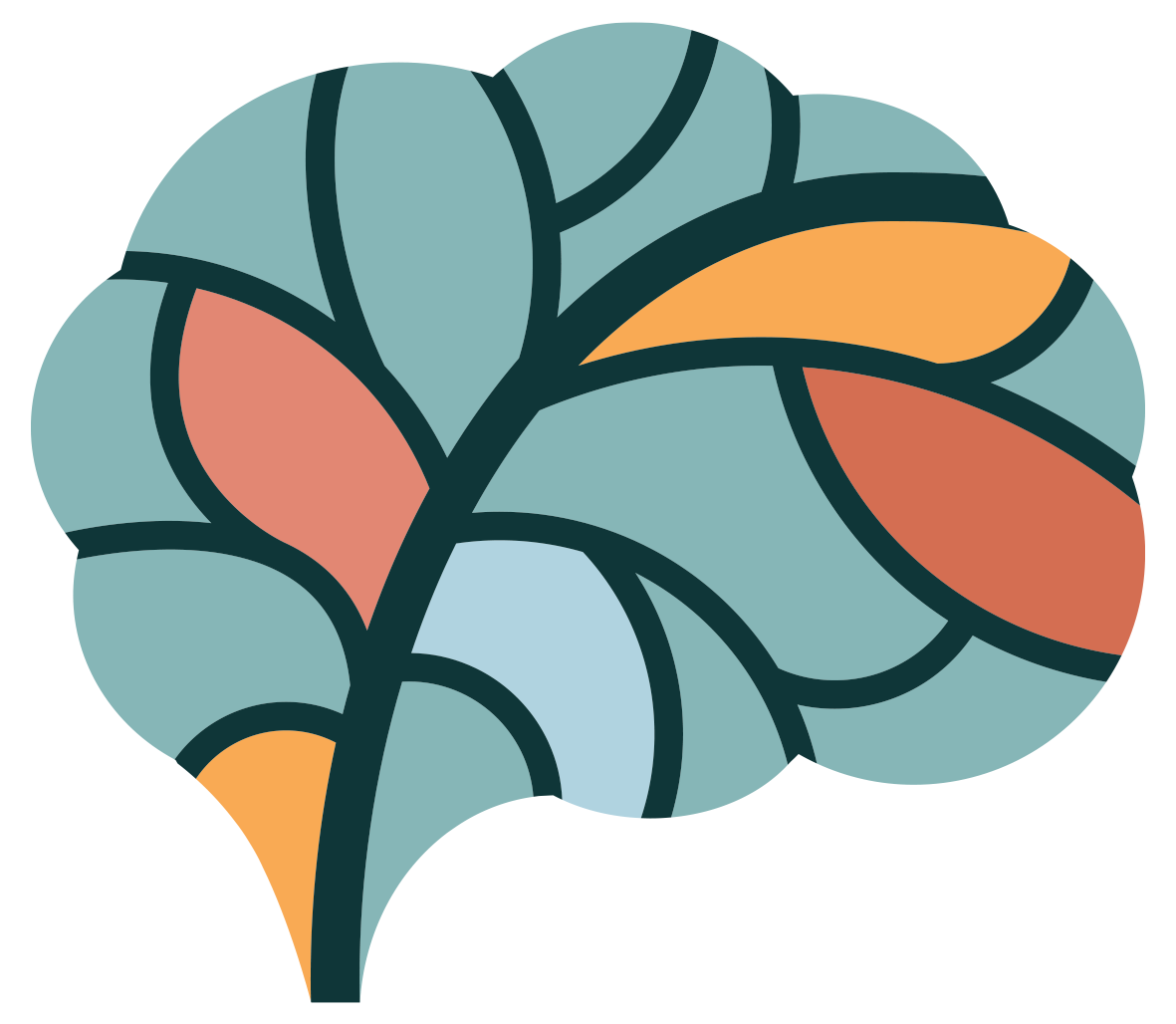
Technique 1: Body Neutrality Scan
Find an alternative to body negativity by connecting with the functions of each part of your body through a neutral lens to build your way up to body-positive thoughts and behavior.
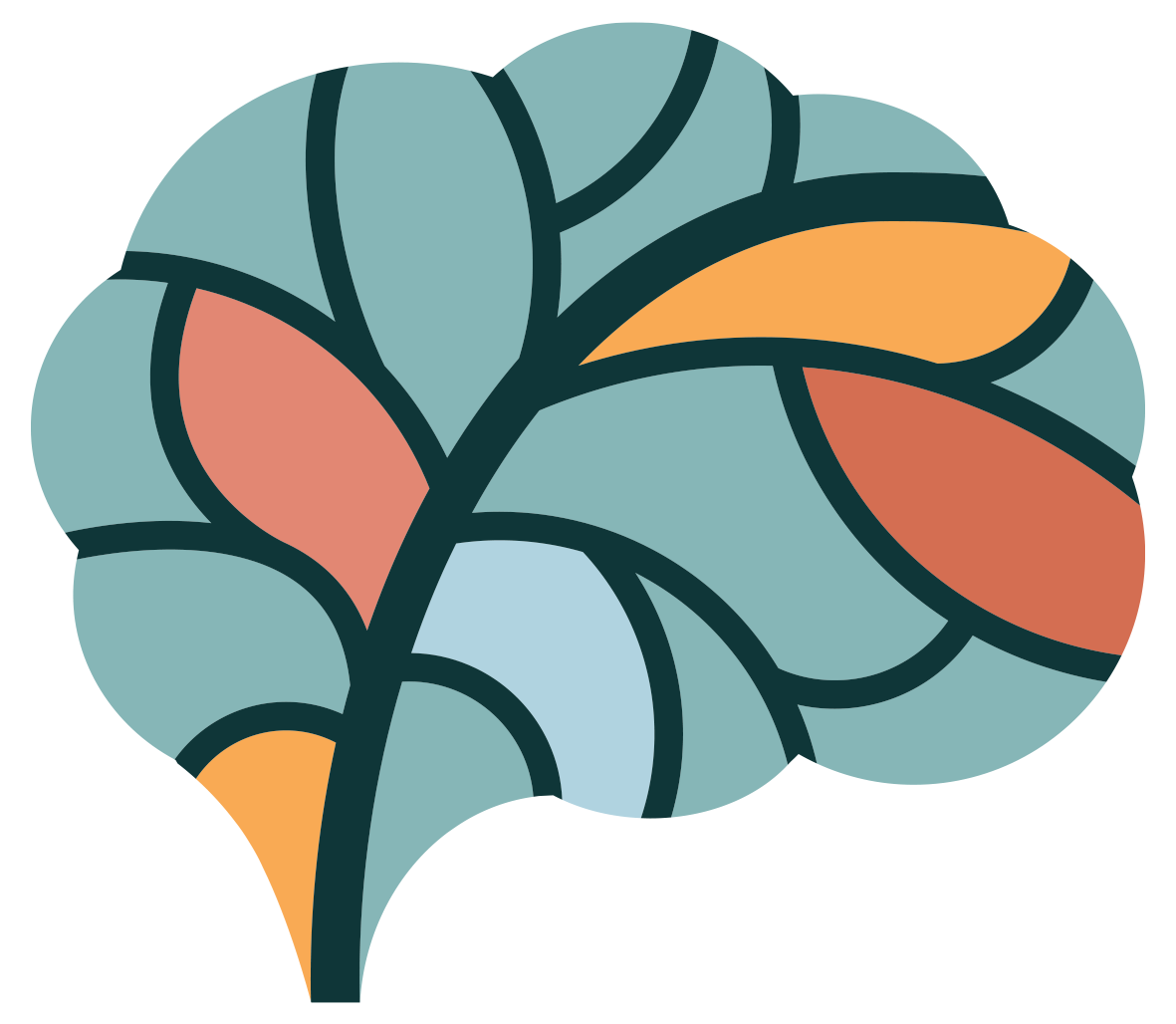
Technique 2: Self-Love Connection
Support yourself in connecting to your body neutrally and lovingly. This simple grounding exercise involves taking the time to gently wash and care for your hands as a way to connect to your body.
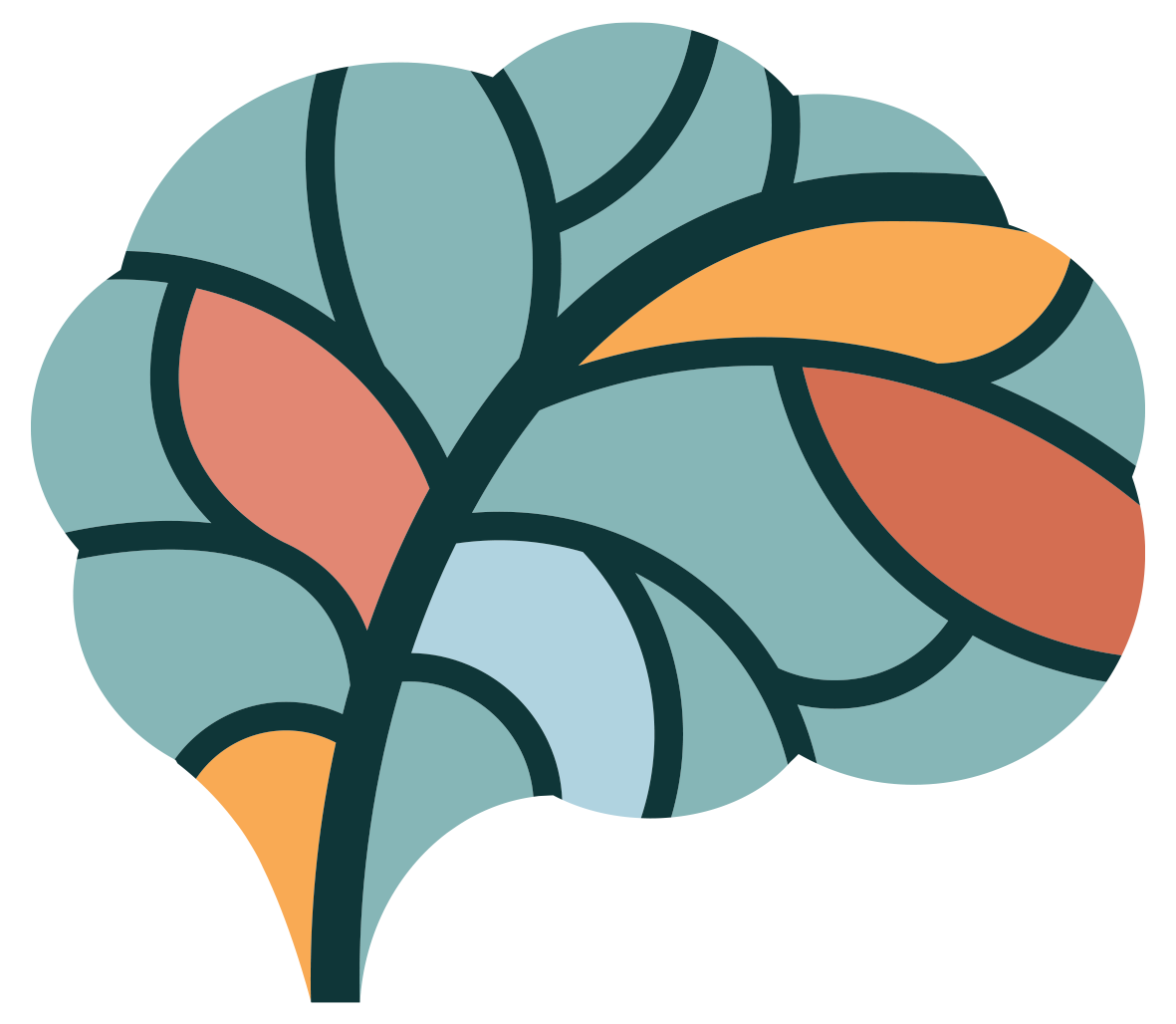
Technique 3: Recovery Zones
This exercise involves creating awareness and planning strategies for recovery through mindfulness recovery behaviors. We will acknowledge and categorize our positive and negative behaviors using different-colored paper.
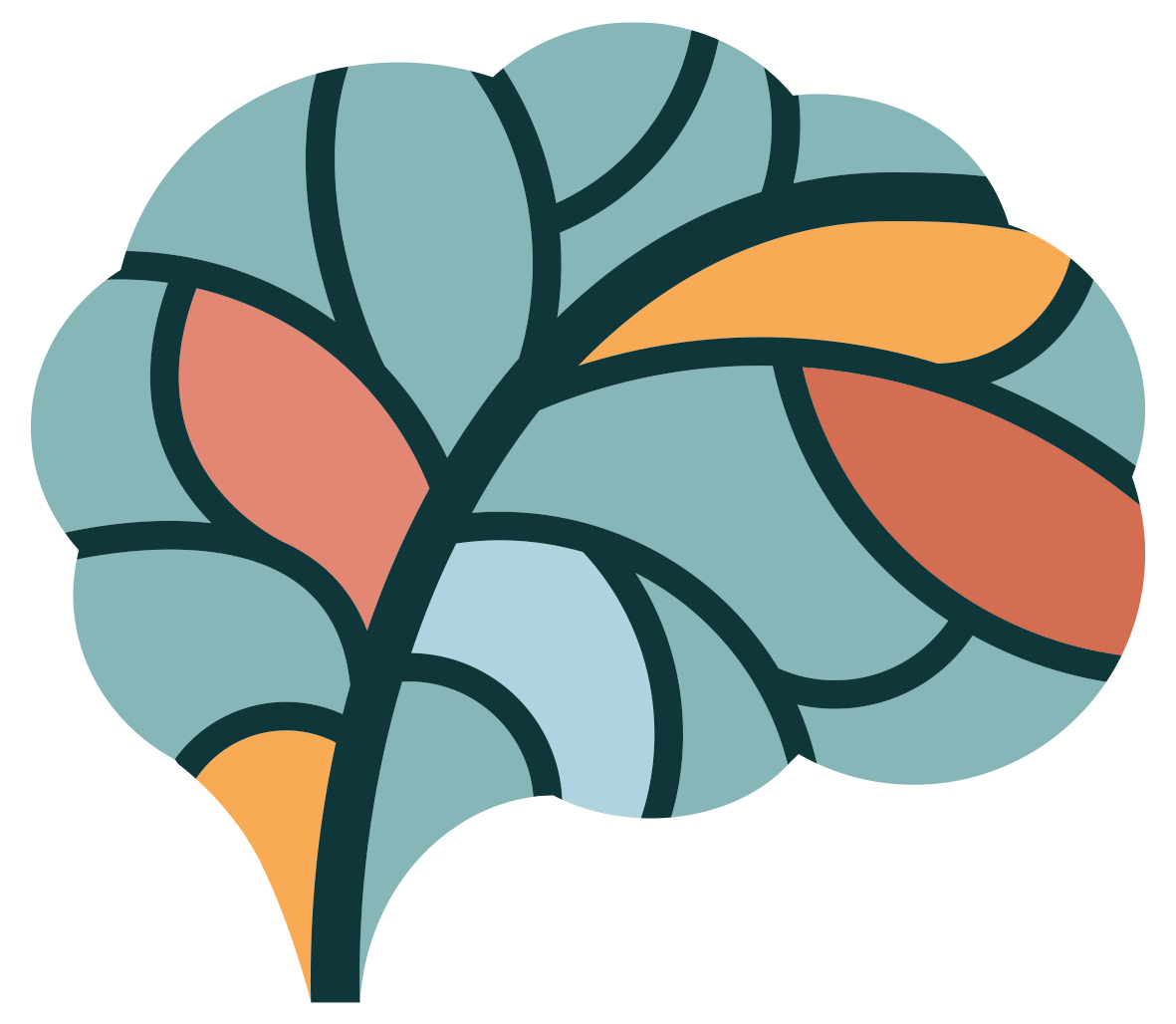
Technique 4: Acting Out Action Plan
Prepare for ED emergencies by learning how to create your own plan by incorporating multiple strategies and therapeutic modalities into a single bullet journal.
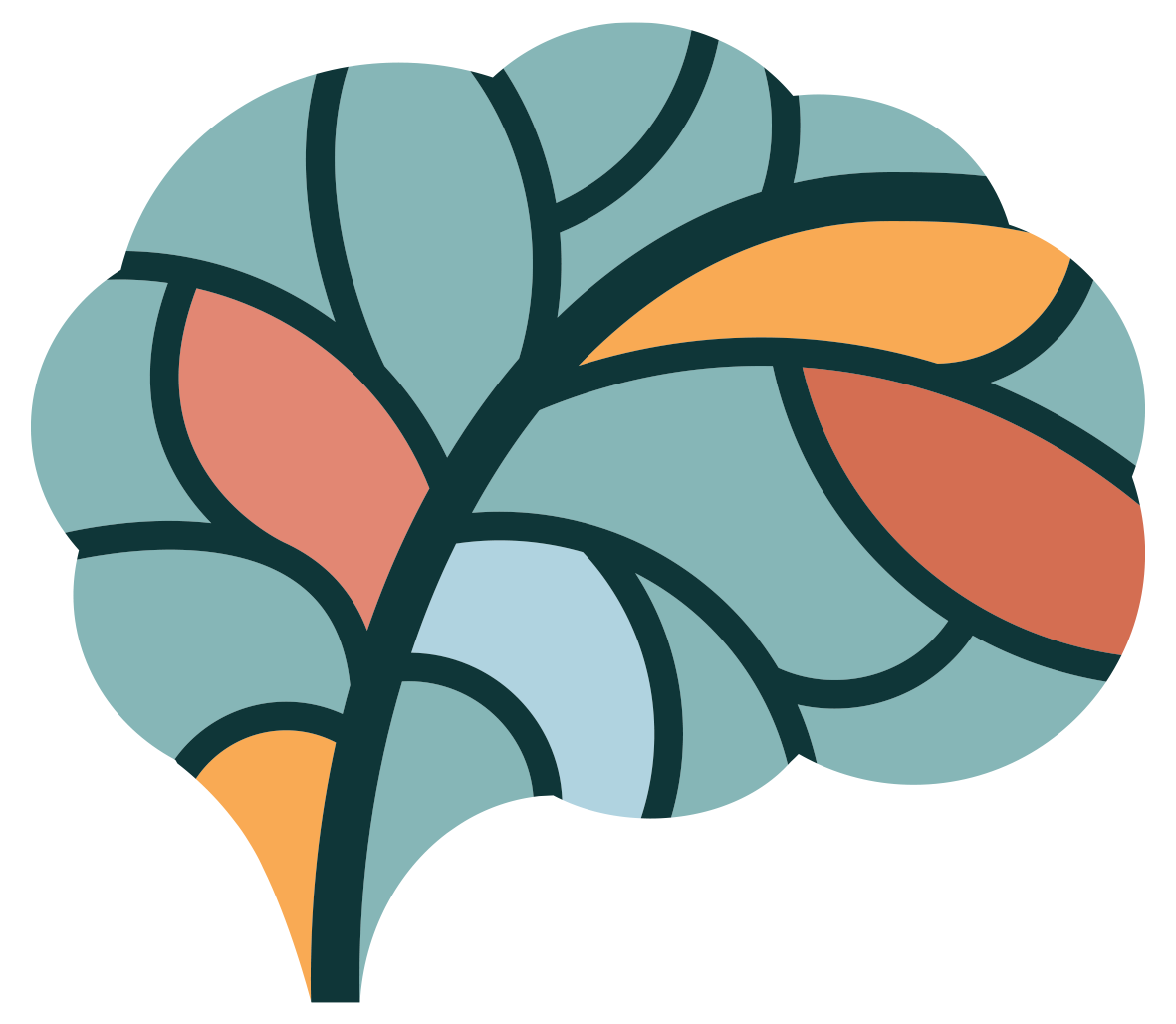
Technique 5: Recovery Mantras
Use mindfulness and creative expression to enhance your recovery voice through tangible recovery reminders and affirmations. This exercise draws on playfulness and creativity to reduce the panic or stress surrounding eating recovery.
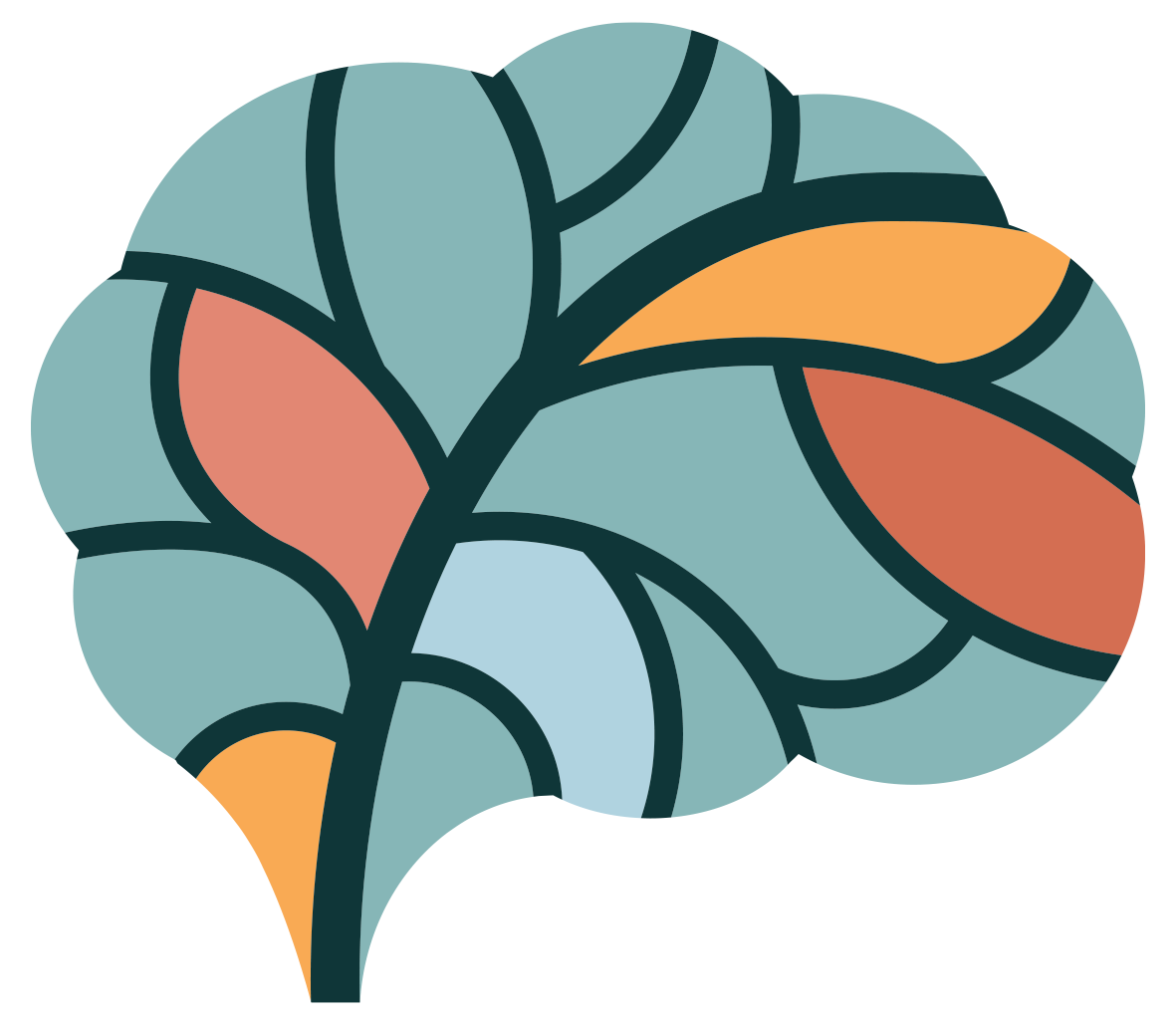
Technique 6: Gratitude Practice
Delve deeper into self-love and compassion through meditation, breathing, and mindfulness. After this calming technique, we will engage in a free-flow writing exercise to write a letter to your body.
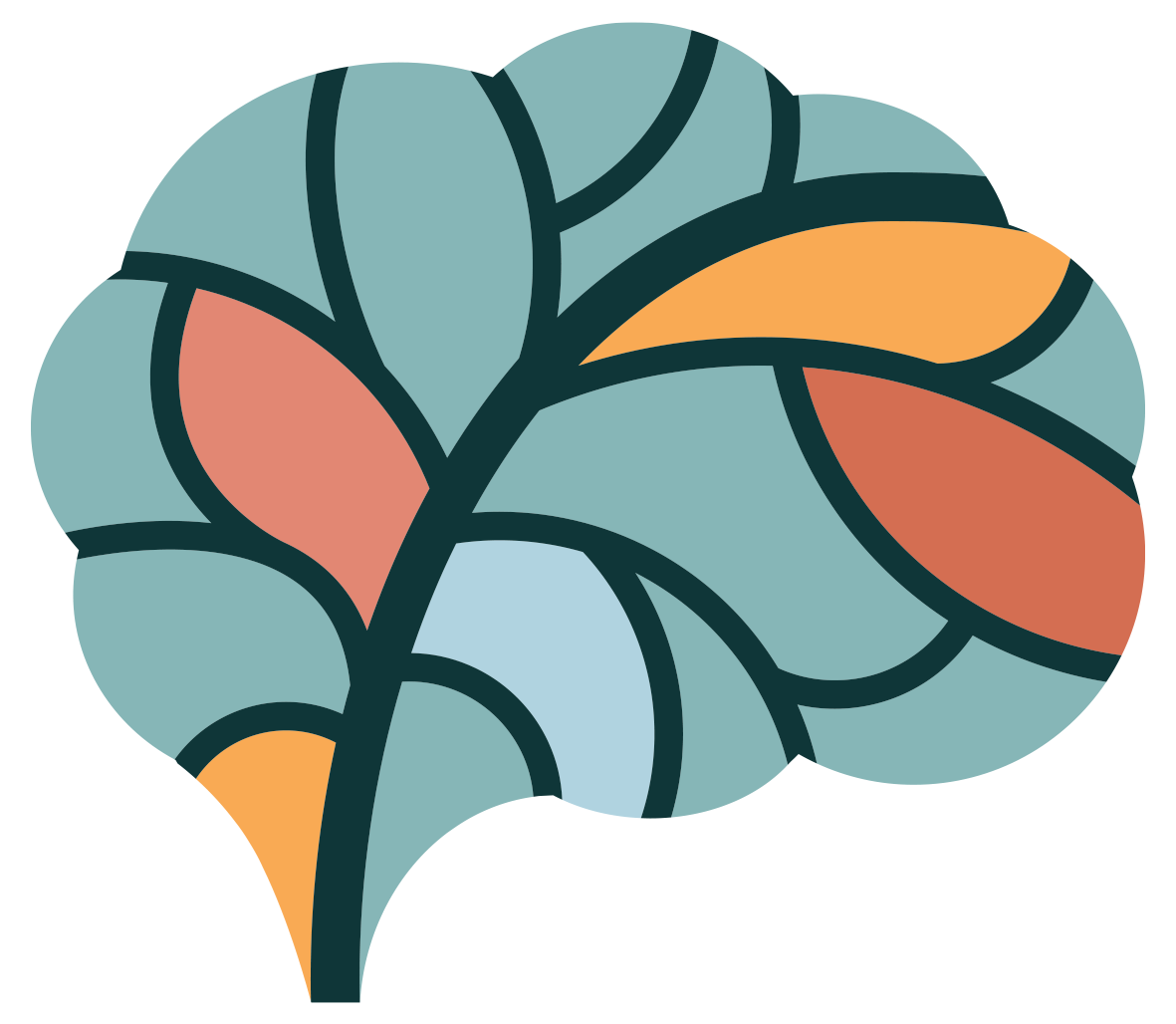
Technique 7: Supportive Schedule
Promote holistic wellness of food, thoughts, feelings, and actions through a recovery schedule to mobilize all the techniques and exercises you have learned thus far.
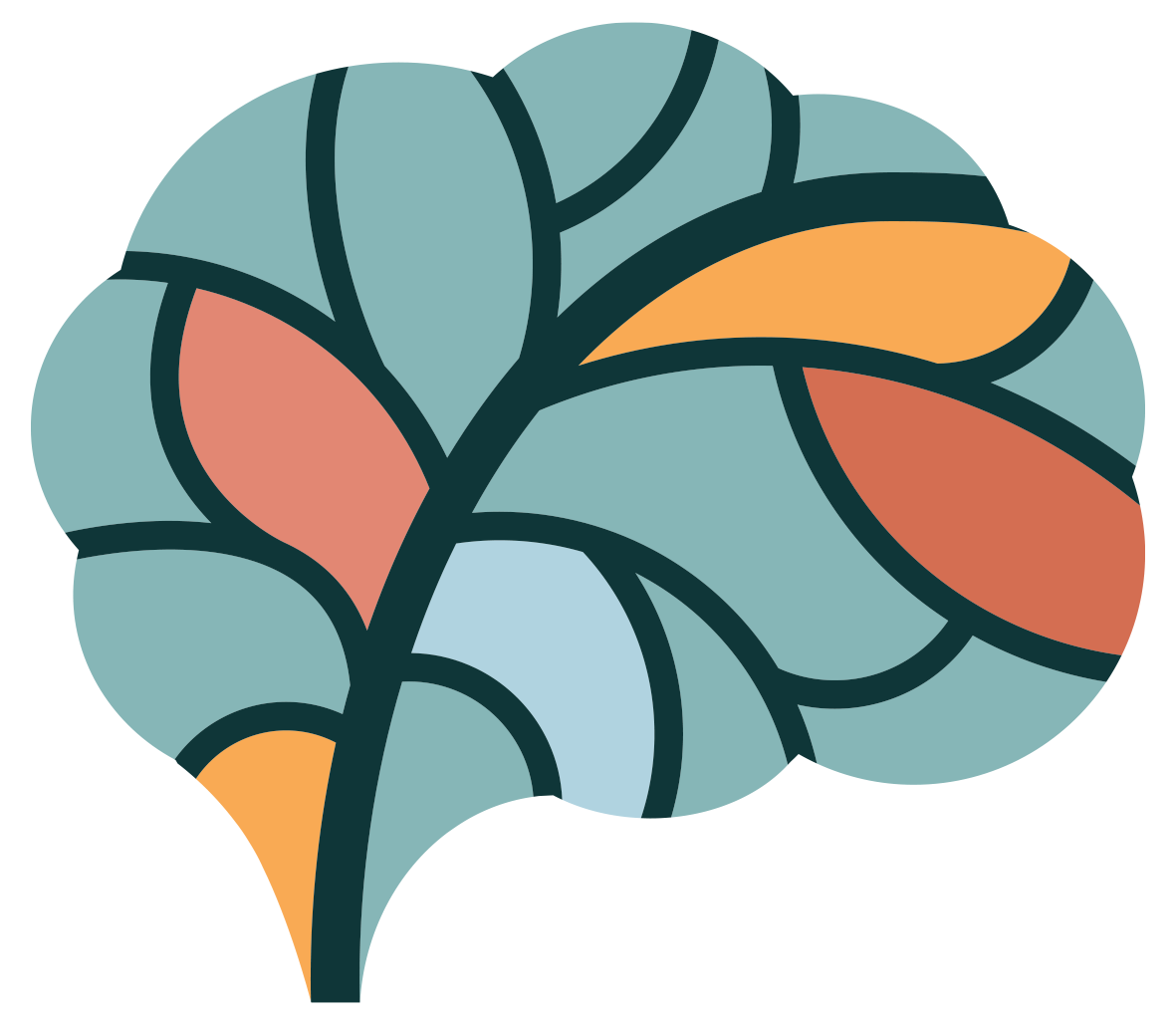
+ 3 Bonus Practical Recovery Exercises
- Nervous System Regulation
- The Raisin Exercise
- Reconnecting With The Body
Six Expert-Led Theory Modules:
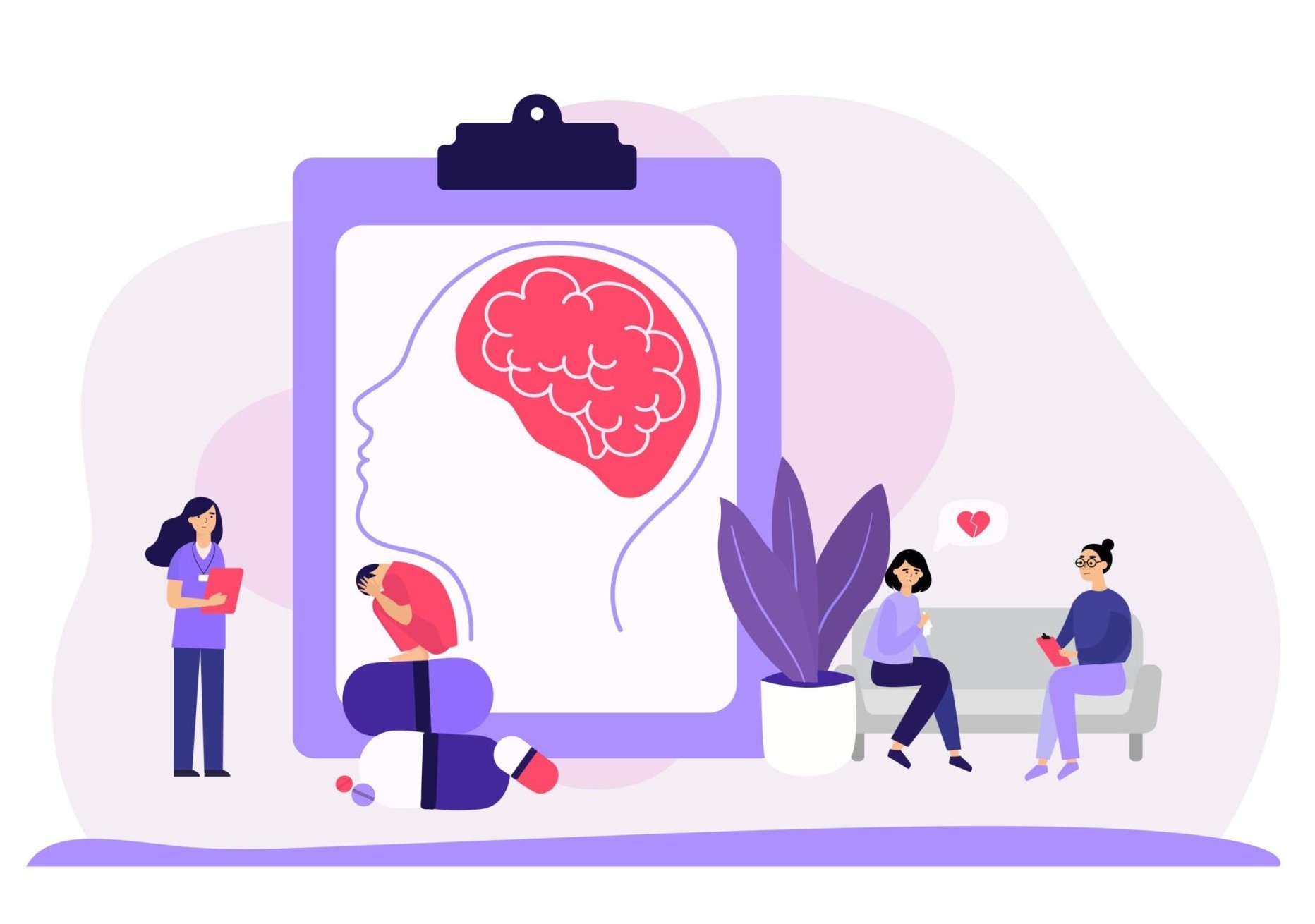
Module 1: Understanding Eating Disorders With Marlene Van Den Berg (30-min)
- What is an eating disorder?
- Understanding the different types of eating disorders
- Exploring the ways that eating disorders can present themselves in thoughts and behaviors
- Understanding the cause of eating disorders

Module 2: Exploring Practical Tools And Techniques for Eating Disorders With Marlene Van Den Berg (23-min)
- Tackling the stigma of eating disorders
- Exploring how clinicians can help clients rescript their narrative
- Understanding the roles of different practitioners in providing support

Module 3: The Characteristics Of Disordered Eating With Dana Harron (23-min)
- Discover the spectrum of disordered eating and frequent issues
- Being treated as an object and its effects on self and worldview
- The aetiology of disordered eating
- Understanding how disordered eating is maintained

Module 4: Trauma, Physiological Effects, And Helpful Resources With Dana Harron (31-min)
- The link between trauma and disordered eating
- Physiological, neurological, and hormonal impacts of disordered eating
- Discover helpful resources for recovery
- Actionable techniques to help yourself or someone else

Module 5: Common Eating Disorders And The Challenges Of Recovery With Christopher Paul Szabo (44-min)
- Classification systems used when diagnosing an eating disorder
- Defining eating disorders
- The physical consequences of dysregulated eating
- The aetiology of eating disorders
- Issues with dieting
- Therapeutic approaches when working with eating disorders
- Stages of recovery & challenges with recovery

Module 6: Approaches To Treating Eating Disorders Through Patience And Trust With Christopher Paul Szabo (31-min)
- Different ways to treat eating disorders
- Difficulties in treating eating disorders
- Treatment caveats
- Understandings of “normal” eating
- Tips for therapists and clients on recovering from dysregulated eating
Our Programs Come With:
-
A private supportive community
-
Lifetime access to the program and all future updates
-
Technical support via email and Facebook messenger
-
Start at any time at your own pace
-
A 72-hour money-back guarantee
-
A 30-day program exchange policy
Register Here for $240
You’ll get all 6 theory modules, 7 practical recovery exercises, learning tools, plus receive three additional expert-guided practical recovery exercises you can immediately integrate into your trauma toolbox to help you work more effectively with a dysregulated nervous system.
Meaningful Feedback
“I found the videos were easy to fit in because they are short and didn’t overwhelm me. I began to look forward to the calm and peace it would bring to my body to follow along with a drama or art therapy technique.”
Tikeke Ziemer, Survivor
"One of the greatest things I have noticed is that Rewire Trauma Therapy responds to every comment, either on Facebook, Instagram or through their programs… this makes me feel seen and heard… creates a beautiful space to heal in."
Carrie Butler, Survivor
"Rewire was perfect for us. It allows us to use the program when we are able and has been a wonderful addition to our daily lives. We both struggle with anxiety and need to work through releasing trauma stored in our bodies."
Renee Boos, Survivor
"Thank you so much for creating and sharing such a helpful and inspiring program and for making it affordable as well."
Tracie Jones, Survivor
"It helps me to feel the body and everything that happens in it, to slow down, and be focused. I found the tools of Rewire Therapy very practical and it suits me."
Milena Blankman, Survivor
"I would think if someone was new to therapy, these exercises would help calm their mind and body so they could be more vulnerable and become more conscious and aware of their thoughts and feelings. This is a great program and I hope people take advantage of it."
Matt Domyancic, Medically Retired Cop
“I notice that I am 'tolerating' more feelings and exploring them as being transient, also to see if they are information for the here and now or something else. The approach is so gentle that I forget the power of that. I am grateful and get that this is ongoing.”
Liz Gow, Survivor
Register Here for $240
You’ll get all 6 theory modules, 7 practical recovery exercises, learning tools, plus receive three additional expert-guided practical recovery exercises you can immediately integrate into your trauma toolbox to help you work more effectively with a dysregulated nervous system.
Meet The Experts

Tanya Zajdel
RN, PSYCHIATRIC NURSE, FOUNDER OF REWIRE TRAUMA THERAPY
Tanya’s work with trauma healing and survivorship has been featured at the Tribeca Film Festival, CBC News, Vox Tablet and Iheart Radio.
Tanya is a mental health worker, a women’s health nurse, and a published feminist author. Tanya focuses primarily on creating programs that facilitate trauma healing through creating new neural connections in the brain called 'neuroplasticity exercises'.
Her techniques combine various proven therapies to repair and reset the nervous system after trauma including somatic therapy, yoga, drama therapy, dance therapy, CBT, qigong, EMDR, vagal toning, authentic movement, and a combination of expressive, creative art therapies.

Marlene Van Den Berg
OCCUPATIONAL THERAPIST
Marlene is an Occupational Therapist with more than 14 years of experience working in mental health. She has worked with clients with acute & chronic mental health conditions, eating disorders, addiction concerns, and personality disorders.
She currently works in a specialist eating disorder unit and also hosts an outpatient support community: Healing Spaces Wellness. She is a trained Gestalt & Play therapist, TRE and Enneagram practitioner, and Yoga teacher. She has a specific interest in group intervention and holistic, healing processes.
As an Occupational Therapist she is passionate about supporting clients to find within themselves the motivation to live fully in all the areas of their lives; to engage in activities and processes that lead the inner and outer well-being and encourage them to become their most authentic, healthiest selves.

Dr. Dana Harron
LICENSED CLINICAL PSYCHOLOGIST, AUTHOR
Dana Harron, Psy.D., is a psychologist in Washington DC. She is the founder and director of Monarch Wellness & Psychotherapy, a practice that specializes in mind/body problems such as eating disorders, anxiety, trauma, fertility issues, and depression.
Dr. Harron completed her doctorate at Widener University’s Institute for Graduate Clinical Psychology, where she was also the recipient of the Neubauer community service scholarship and the IGCP Empathy and Caring Award. She has since engaged in professional activities ranging from co-leadership of a unit at the state hospital of Delaware to college counseling.
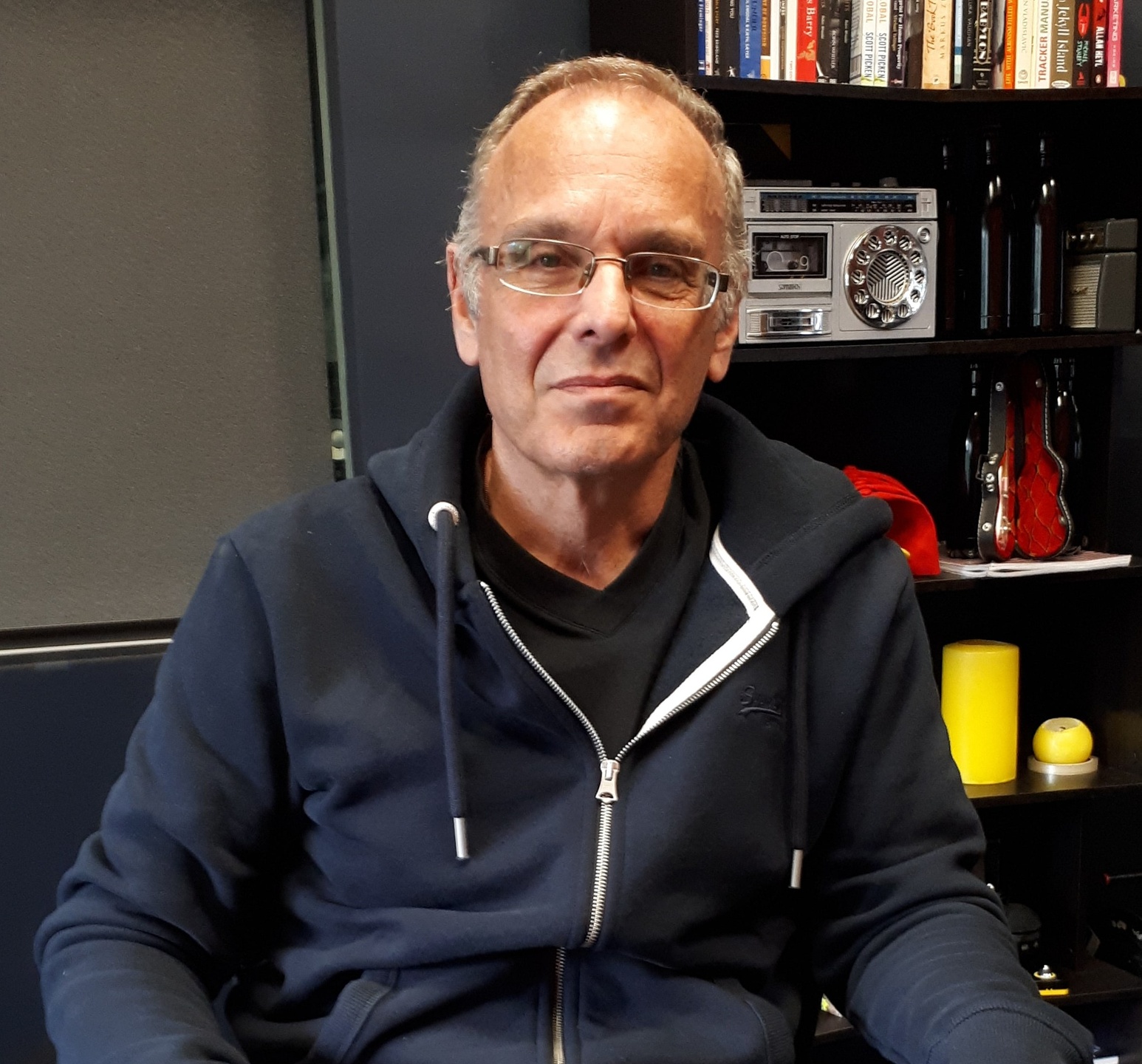
Dr. Christopher Paul Szabo
PSYCHIATRIST
Christopher Paul Szabo is a psychiatrist with a special interest in eating disorders and the author of the book Eating Disorders (2009; Reach Publishers) based on his clinical and research work. He currently works clinically at the Wits Donald Gordon Medical Centre in Parktown, Johannesburg.
He is an Honorary Professor in the Department of Psychiatry and an Emeritus Professor in the Faculty of Health Sciences at the University of the Witwatersrand, Johannesburg. He is editor-in-chief of South African Psychiatry and hosts a podcast series Beyond Madness on Cliff Central, available at CliffCentral.com as well as Spotify and Apple/Google podcasts.

Tina Lashambe
YOGA TEACHER & EDUCATOR, CERTIFIED GRIEF EDUCATOR, END OF LIFE DOULA FREEDOM TREE YOGA
I am an Advanced Yoga Teacher and Grief Educator.
I found yoga while suffering from multiple chronic health issues and an eating disorder. My personal yoga practice has allowed me to grow in many ways. It has given me a sense of peace during stressful times and has taught me how to accept my body. It has taught me patience while experiencing pain and has inspired me to offer compassionate, body-positive yoga, where people of all capabilities and all shapes feel comfortable to practice.
I completed my 200-hour Cross-Disciplinary Yoga Teacher Training in 2016 with DevaTree School of Yoga. Since then, I have taught a wide range of students, from toddlers to seniors, and all ranges of abilities.
I completed the End of Life Doula training in 2020 and the Grief Educator Certification program with David Kessler (Grief.com) in 2021.
Register Here for $240
You’ll get all 6 theory modules, 7 practical recovery exercises, learning tools, plus receive three additional expert-guided practical recovery exercises you can immediately integrate into your trauma toolbox to help you work more effectively with a dysregulated nervous system.
Frequently Asked Questions
How long do I get access to the program?
What is your refund policy?
Are the educators in this program licensed to guide me?
If I am not traumatized by any one experience but I’m looking to improve my overall mood and mental health, is this course still for me?
Can I use this course to support my loved one who struggles with mental health?
Is it better to combine various therapy techniques (as suggested in your program) to heal from my trauma, or is it better to stick with just one form of therapy?
Will I receive recognition of completion?
Do your programs contain only video content?
Can children participate in your programs?
Do you offer payment plans or scholarships?
Do you offer in-person sessions?
Register Here for $240
You’ll get all 6 theory modules, 7 practical recovery exercises, learning tools, plus receive three additional expert-guided practical recovery exercises you can immediately integrate into your trauma toolbox to help you work more effectively with a dysregulated nervous system.











